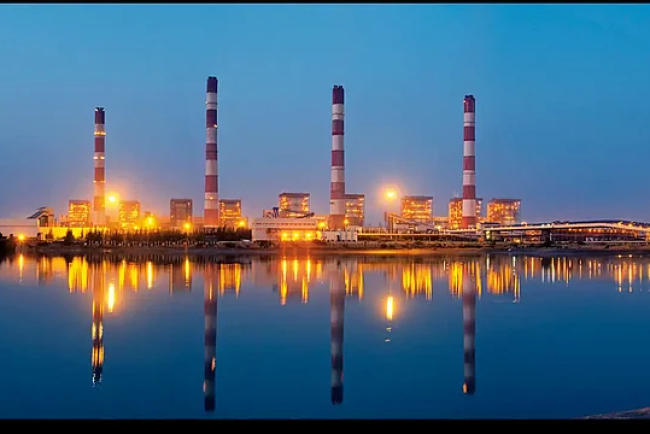Delhi's 'No Fuel for Overage Vehicles' Policy Set to Launch with Enhanced Surveillance
Delhi's new policy aims to reduce air pollution by denying fuel to overage vehicles lacking valid PUC certificates, utilizing surveillance cameras at fuel stations for enforcement.The Delhi government is set to enforce a new policy that prohibits fuel refilling for overage vehicles—those exceeding 15 years for petrol and 10 years for diesel. Fuel stations across the city are being fitted with cameras to scan vehicle registration numbers and check compliance with age and Pollution Under Control (PUC) certification requirements. This move is part of the government's broader initiative to tackle air pollution and promote environmentally sustainable transportation. The policy is expected to reduce vehicular emissions, encourage cleaner alternatives, and ensure adherence to environmental norms.

The Delhi government is preparing to implement a policy aimed at curbing vehicular pollution by denying fuel to overage vehicles. Fuel stations across the city are being equipped with advanced camera systems to identify and restrict the refueling of vehicles that exceed age limits or lack valid Pollution Under Control (PUC) certificates.
Policy Implementation and Enforcement Mechanism
The initiative involves installing cameras at fuel stations to scan vehicle registration plates. These systems will cross-reference the data with the transport department's records to determine the vehicle's age and PUC status. Vehicles identified as overage or without valid PUC certificates will be denied fuel. This measure targets vehicles that have surpassed the permissible age limit—15 years for petrol and 10 years for diesel vehicles—as per the National Green Tribunal's directives.
The policy's rollout has faced delays due to logistical challenges, including the installation of the necessary surveillance infrastructure at fuel stations. However, the government is now expediting the process to ensure comprehensive coverage across the city.
Environmental and Public Health Objectives
This policy is part of Delhi's broader strategy to combat air pollution, which poses significant health risks to its residents. By restricting fuel access to overage and non-compliant vehicles, the government aims to reduce emissions and promote the use of cleaner, more efficient transportation options.
The enforcement of this policy is expected to encourage vehicle owners to adhere to emission norms and consider transitioning to environmentally friendly alternatives, such as electric vehicles. It also underscores the government's commitment to implementing measures that address environmental concerns and public health issues associated with air pollution.
Conclusion
Delhi's 'No Fuel for Overage Vehicles' policy represents a significant step towards improving air quality and promoting sustainable transportation practices. The integration of surveillance technology at fuel stations is a proactive approach to enforcing environmental regulations. As the policy comes into effect, it is anticipated to contribute to the reduction of vehicular emissions and encourage compliance with pollution control measures among vehicle owners.
Source: Outlook Business. "Delhi's Old Car No Fuel Policy to Kick In Soon, Most Fuel Stations Get Cameras to Scan Vehicles." Link
What's Your Reaction?

















